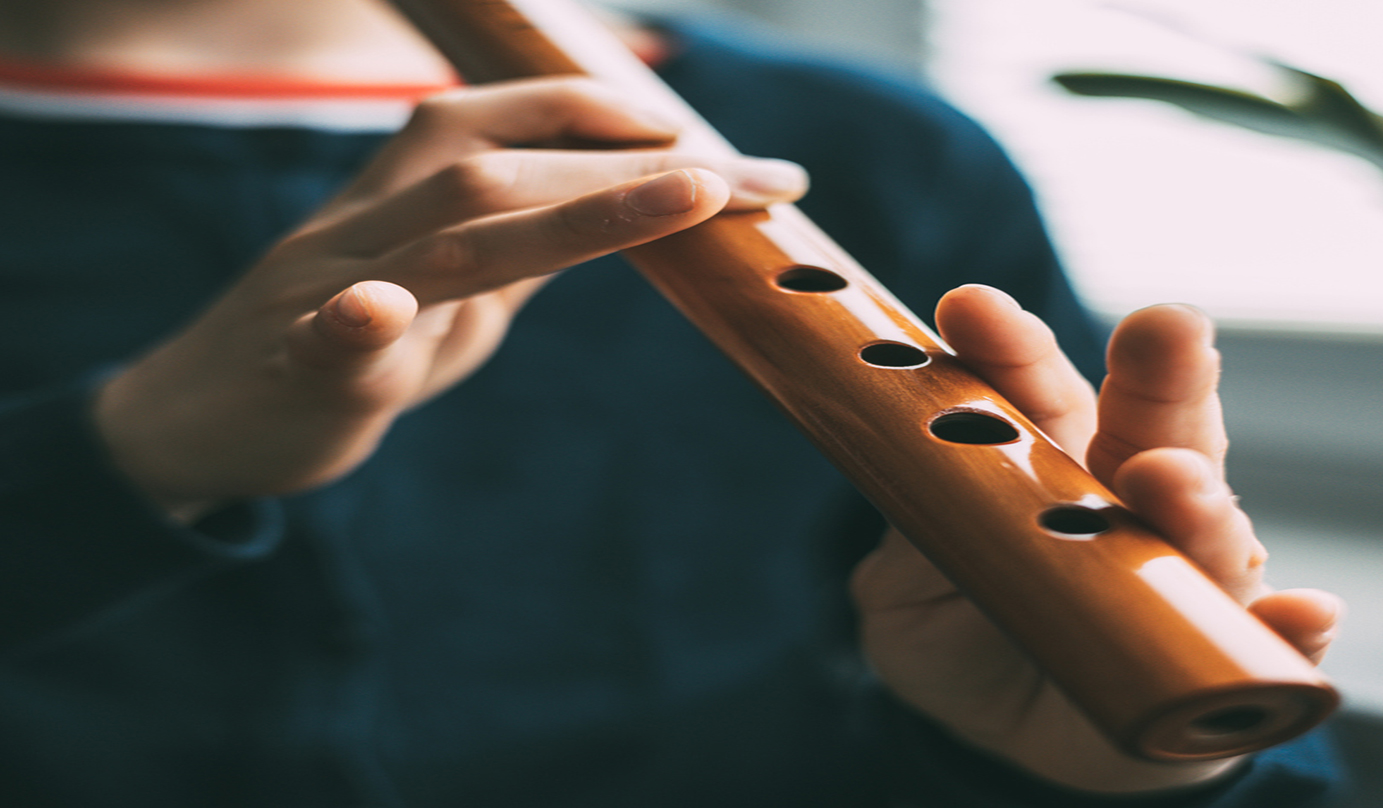
Over five millenia before the last Aztec city fell, the Norte Chico built a society. The Norte Chico culture is even older than Olmec culture. Their earliest urban centre is dated to circa 3500 B.C. Like the Inca, the Norte Chico lived outside of Mesoamerica. But whereas the Inca lived in the Andean mountains, the Norte Chico grew along rivers. They lived along the northern coast of modern-day Peru. They are sometimes called the Caral-Supe civilization. Supe was the name of one of the three rivers that nourished this civilization. They built the city of Caral in the Supe valley.

Pottery is a common type of evidence for many ancient cultures. It helps us tell how ancient people lived. However, we have not found any pottery from the Norte Chico culture. The Norte Chico was a pre-ceramic culture. Like many of their successor civilizations, they did build monumental architecture. Excavations at Caral have revealed platform mounds, but their purposes are still unknown. These structures would have been built around the same time as the Egyptian pyramids. Archaeologists have also found smaller plazas as evidence of living quarters.

In addition to domesticated crops, seafood was a staple in their diet. Cotton was important for crafting fishing nets. It could also be used to make clothing. How else might cotton have been useful to them?

Unlike all of the other ancient civilizations we have seen, the Norte Chico didn't create much visual art. They didn't sculpt colossal figures like the Olmec people. They didn't decorate pottery like the Mayans. They didn't craft jewellery like the Aztecs. On the other hand, they may have enjoyed music. There is evidence that they made flutes from bird bones.

A city like Caral suggests a sophisticated system of government. However, contemporary scholars are still inconclusive about much of Norte Chico's government. Were the people ruled by an aristocracy? Or did the commoners have more control?

By 1800 B.C. the Norte Chico civilization began to decline. There is no evidence of an invasion. Nor can we see traces of an environmental disaster. What happened to the Norte Chico culture? Perhaps the inhabitants abandoned this location in favour of bigger cities elsewhere.

Another mysterious part of Norte Chico culture is its religion. Did they have strict rites? Or were their gods more lenient than those of the Aztecs? In 2003 A.D., researchers discovered a 4,000 year old gourd in Caral. It shows the Staff God, a figure who also shows up in later cultures. Due to this, some people believe that Caral was a sacred city. But there just isn't enough evidence yet to know for sure.

The credit for some of the discoveries at Caral are still debated. The research team was made up of members from Peru and the U.S.A. When they published their findings, some researchers wanted more credit. The dispute continues to this day. They have yet to reach a settlement.

Discovering the past can be a challenging task. We don't always get the answers right at first. Like any good detective, we need to inspect our clues. We should compare them with other evidence. Sharing our research can help us fix our mistakes.